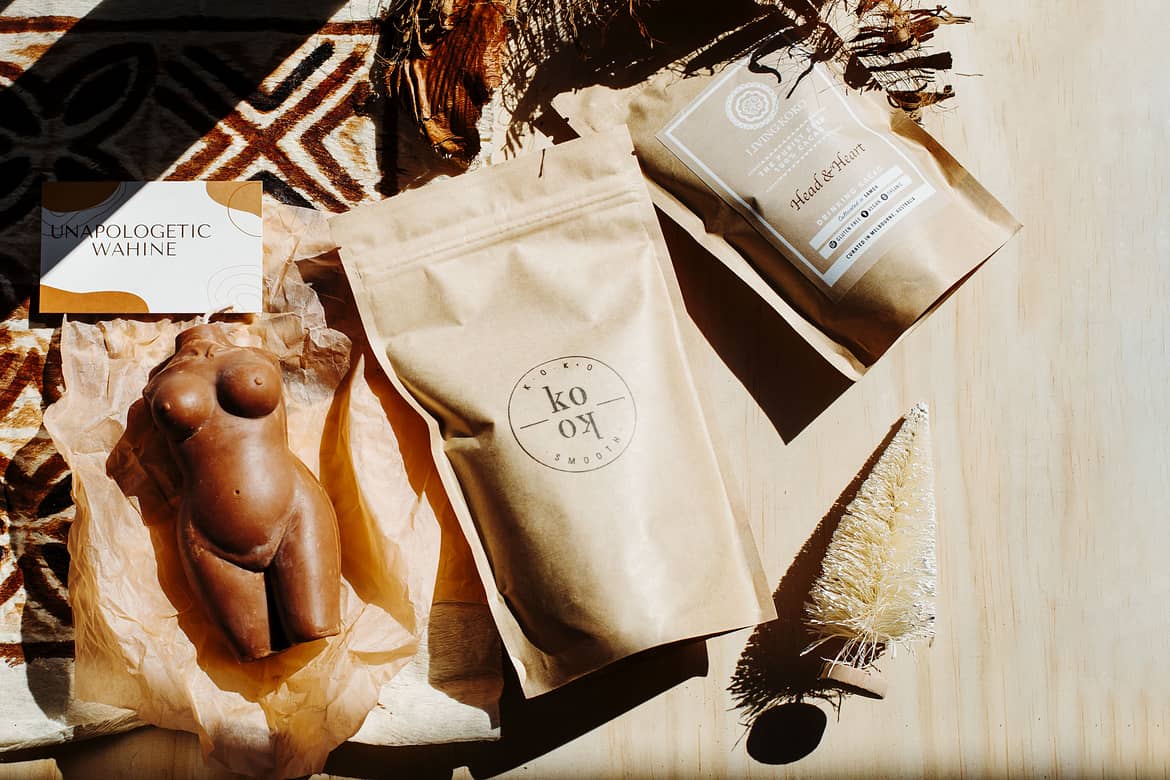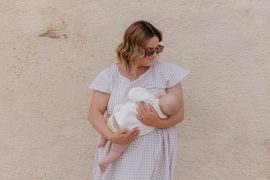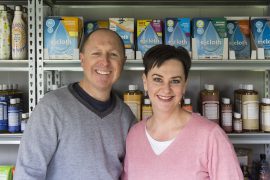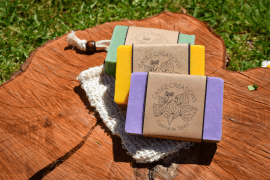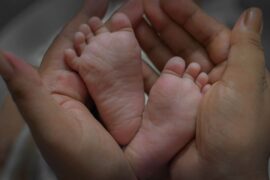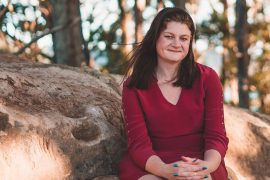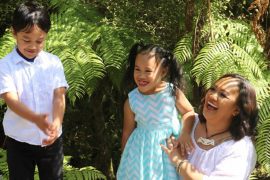At Living Koko, they create small batch, guilt-free indulgence with their bespoke cacao products, made from the richest cacao beans from the Samoan Islands. Born from a desire to connect with and support local people, they empower Pacific Island communities through fair, ethical trade, while supporting ecologically sound and sustainable methods of farming. Their fundamental driver is to find overseas markets for the cacao grown in Samoa, in small plot village plantations, and to help grow village economies. By ensuring the small plot farmers receive a regular and good income for the cacao they grow, it provides a basis for the farmers to develop their own businesses, creating opportunity and self-motivation within communities. Here, Living Koko co-founder Phoebe Preuss shares their inspiring story with The Natural Parent Magazine.
The passion: What inspired you to set up your business?
The increase of homelessness in Samoa stemming from people drifting from custodial land to the Capital was the inspiration. I spent my 20s and 30s going back and forth to my homeland of Samoa and each time I observed the increasing trend to leave village living in search of jobs. There were many people travelling into Apia looking for work and unable to either find employment or hold onto the jobs they were offered. We knew a lot of these folk were from the outer villages and many had a deep connection and understanding of how to cultivate the lands.
When Glen Reiss (co-director) and I met, we both had experiences working in challenging environments and had seen some of the negative impacts corporations and ‘unconscious’ businesses were imposing, not only on the environment, but also to indigenous and unseen communities, essentially holding these communities back from prospering.
So Living Koko was created from these experiences, observing the work of those already striving to make a genuine difference and alofa (love). Our fundamental driver is to find overseas markets for the cacao grown in Samoa, in small plot village plantations, and to help grow village economies. We believe in food sovereignty and want to support the indigenous people of the land to have control over their food systems. We seek to do this by ensuring the small plot farmers receive a regular and good income for the cacao they could grow on their farms, providing a basis for the farmer to develop their own businesses. This creates opportunity and self-motivation within our ‘koko’ community.
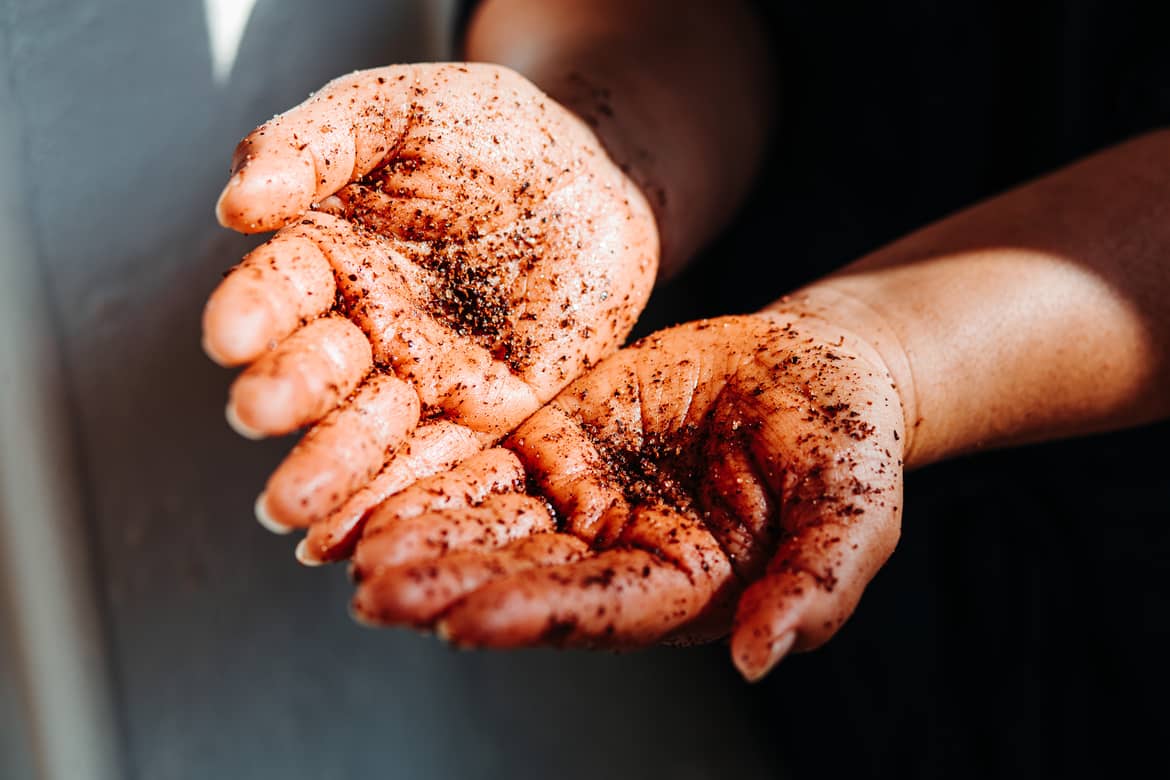
The launch: How did you start out in the beginning?
We spent many months travelling to Samoa meeting with community leaders and farmers to understand the best and most respectful way to support the community. In Samoa, everything is about relationships, and we wanted to ensure our relationships were strong and genuine before the exporting of cacao. We wanted to make sure that everyone along the value chain was supported and that it is a shared valued approach. We were very fortunate that our elders were able to travel with us on these visits to help us navigate cultural protocols and spaces with the utmost respect. Once these relationships were in place, it was time to work on the “commercial aspects” of setting up the business/websites/social media, etc.
We have opted for an organic approach with our marketing, which includes transparency around our practices, and knew if we just stayed true to our values things would grow and grow at a pace we could handle. We started the business while still working our other jobs, and still to this day work in other areas.
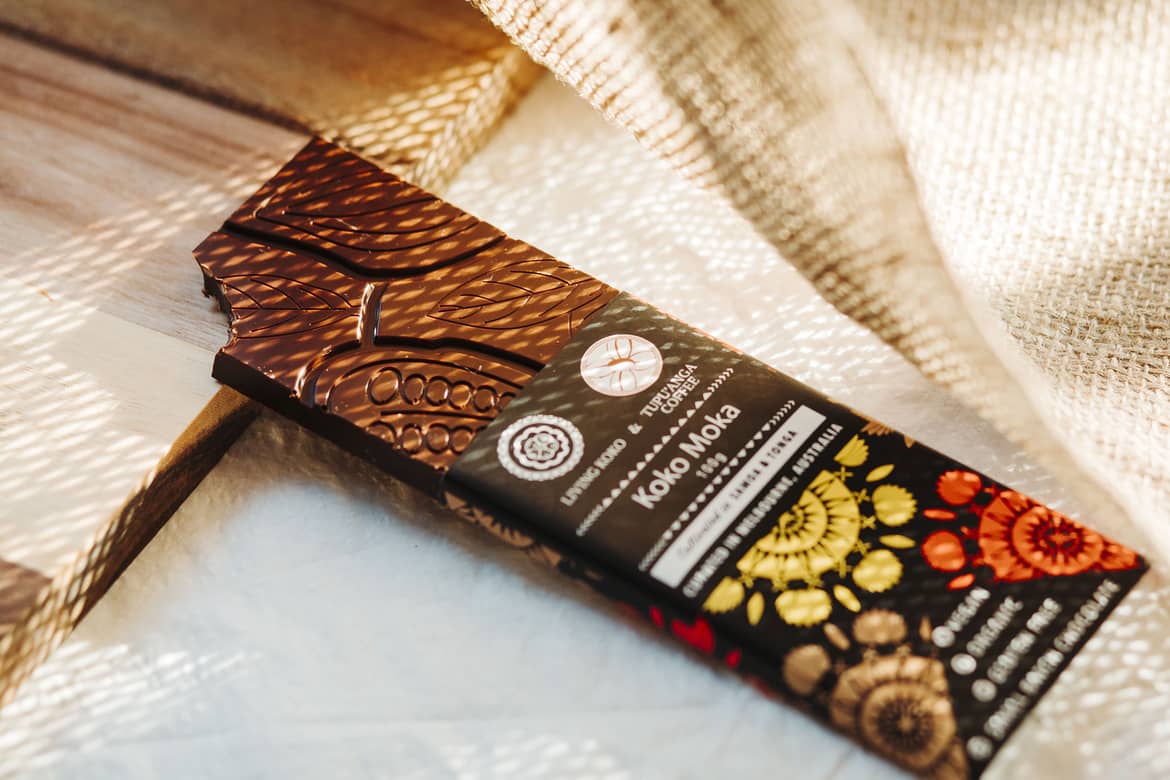
The innovation: What was the biggest breakthrough for you with your business?
Our biggest breakthrough was when ABC International Development wanted to create a short film about our business and in particular my (Phoebe’s) relational connection with Samoa and how this shapes our business practices. This was during the first Covid lockdown in Melbourne and ABC brought a little spotlight on our small business, the work we do within the Pacific community here in Melbourne and in the islands during challenging times, when we were all looking for more connection and alofa. We could see that the story resonated with many people and this benefited our brand / sales and our farmers with increased supply needs.
Yin and Yang: How do you balance work and family?
We have dedicated “no work evenings”. With a small business, you wear so many hats and can even be wearing those hats through the evening and weekends. We make sure that we schedule family time and I know it’s just as important to schedule “me” time. It’s very easy to get burnt out and not realise until you are well and truly crispy burnt. Lol. So putting aside time once a week to spend some time alone is important. It can be as simple as a long bath every Thursday night, and a Sunday 6am beach swim (winter or summer) helps ground my energy and allows me to be more present with my family and within my business. Oh and date night is important!!

